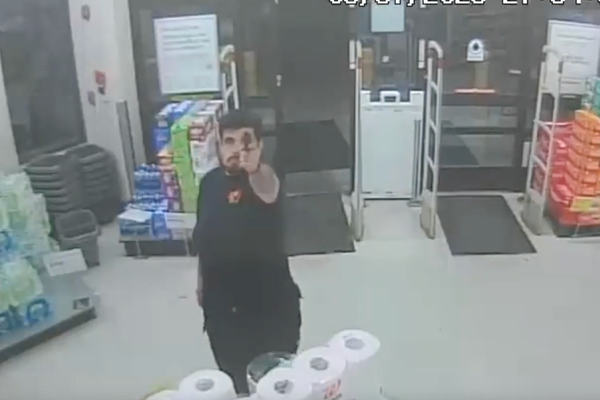
A former Bolivian president and his defence minister have agreed to pay damages to the families of people killed by the military during their government, in a landmark settlement that sets a precedent by which other foreign leaders could face accountability for human rights abuse in US courts.
The settlement concerns events in 2003, when massive protests broke out over then president Gonzalo Sánchez de Lozada’s plan to export Bolivia’s natural gas. The army was sent to clear blockades in the largely Indigenous and working-class city of El Alto, killing more than 60 protesters and injuring hundreds.
Both Sánchez de Lozada and his defence minister, José Carlos Sánchez Berzain, resigned and fled to the US, where they have lived ever since.
In 2007, a civil lawsuit was brought against them in the US by eight Bolivian families whose relations were killed in 2003.
Eleven years later, a federal jury found them responsible for the killings and awarded the plaintiffs $10m in compensatory damages.
Both defendants appealed, but as a result of the agreement on Thursday, they have withdrawn their appeal and agreed to pay an undisclosed sum in compensatory damages to the families.
“With this agreement, the jury verdict remains intact,” said Thomas Becker, the human rights lawyer who led the legal action. “And that’s the most important part: to send this message that no leader can kill their people and then use the US as a refuge.”
Sánchez de Lozada had close connections to the US: the son of an exiled diplomat, he was raised and educated in the Washington DC area. He later made his fortune through various oil and mining ventures and twice became president of Bolivia.
Under subsequent administrations, Bolivia’s supreme court indicted the former president and requested his extradition to Bolivia, but the requests were not accepted by the US.
Aslı Bâli, a law professor at Yale Law School who was not involved in the case, agreed that it set an important precedent.
“When someone this high-profile is held accountable, it sends a message,” said Bâli. “First, to human rights violators, that the US will not be a safe haven, and no one is above the law. But also to victims and survivors, in Bolivia and around the world, that there are more avenues for accountability than they might realise.”
The case was brought under the Torture Victim Protection Act, a law that expanded US jurisdiction to cases of torture or extrajudicial killings committed outside its territory.
It is, according to Bâli, the most promising away to bring human rights accountability cases like this to court in the US.
Such cases are few and far between because of their complexity, and the time and resources required to see them through.
“With a high-profile victory like this one, we might now have more funding and resources become available to support the kinds of public interest organisations that bring these cases,” said Bâli.
“I think there is a good chance we will see more cases like this,” she added.







